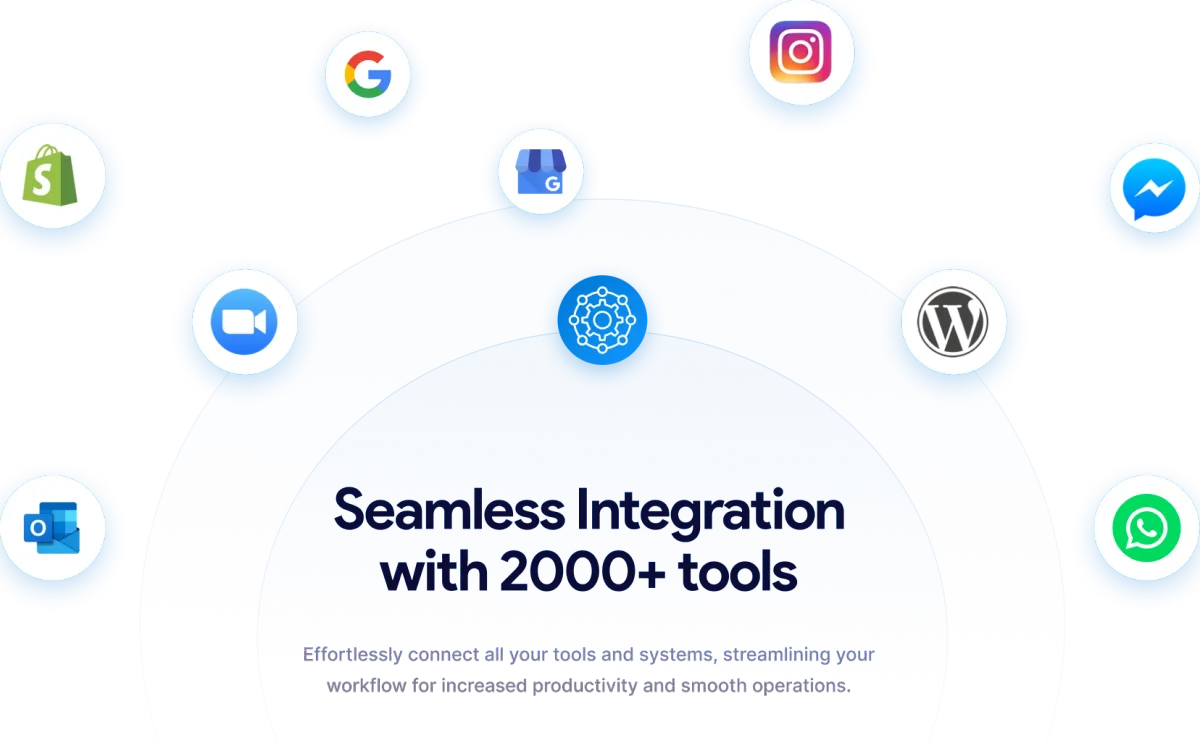Transform Your Business, Transform Your Life
No more dependency. Just systems that grow with you.

The Legacy Builder Blueprint
We seamlessly integrate customized AI marketing systems and automations into your business using our Legacy Builder Blueprint.
Then we train your people on how to run it all internally.
Your business becomes its own marketing powerhouse, automated, scalable, and built to last.
Are You Leaving Money on the Table Every Single Day?
Learn How Smart Business Owners Are Adding $15,000-$50,000+ Monthly Profit Using AI
FREE DOWNLOAD: The $50K AI Revenue Blueprint
Discover How Much You Could Save With an AI Employee.
Run a free audit in less than 3 minutes. No credit card. No guesswork. Why would you wait? Here’s the reality:
They save businesses 50–70% in labor costs.
An AI employee doesn’t quit, call out sick, or need training.
They work 24/7 and make less mistakes.
try our ai Calculator free
Helping Brands Thrive Since 2004
We’ve taken the same proven marketing strategies that have generated millions in revenue for our clients and transformed them into AI-powered systems that we install directly into your business.

Build a Smarter Business with Your Own AI Employee
Replace multiple hires with one intelligent AI assistant—trained to do the work of a sales rep, receptionist, marketer, and operations manager.
It’s like hiring three people for the cost of one coffee a day.
Curious to see how it works? Run a free audit in less than 3 minutes. No credit card. No guesswork
Driving Sales, Amplifying Impact
Ricot Baptiste JR

Legacy Business Partners are definitely the ones to go with when it comes to growth and marketing for your business. They're completely professional and have innovative and effective marketing strategies.
Dan Degan

They provided excellent advice, seamless integration between social media and our website, and created campaigns geared towards our targeted audience. We look forward to our continued success with the support of LBP.
Edwin Gomez

I recently had the opportunity to receive great marketing advice from Legacy, they were able to breakdown strategies for me to implement to be able to grow my business. I am very thankful to James for all of his help.
STILL NOT SURE?
Frequently Asked Questions
We understand AI marketing is still a new buzzword so here's some of the questions most business owners are asking.
Question 1: What exactly is an AI Employee?
An AI Employee is a virtual team member powered by advanced AI. They can perform tasks such as outbound sales calls, lead qualification, appointment scheduling, customer support, and more. Unlike human employees, AI employees work 24/7, never get tired, and scale instantly. Helping you reduce overhead while boosting productivity.
Question 2: How does AI video marketing work?
AI video marketing uses AI-driven tools to create agency-quality video ads at a fraction of the cost and speed of traditional production. With AI, we can generate personalized, scroll-stopping video content that resonates with your audience and scales across multiple platforms (YouTube, TikTok, Instagram, LinkedIn).
Question 3: Can AI really handle advertising campaigns effectively?
Yes. Our AI-powered advertising systems analyze audience behavior, run predictive A/B tests, and continuously optimize campaigns in real time. This means your ads adapt automatically for better targeting, lower costs, and higher ROI, without the constant manual tweaking.
Question 4: What industries benefit the most from AI lead generation?
While every industry can benefit, AI lead generation is especially powerful for real estate, financial services, healthcare, legal, construction, and e-commerce. AI identifies the most qualified leads, nurtures them with personalized messaging, and hands them to your sales team when they’re ready to buy.
Question 5: How do AI workflows and automation help my business?
AI workflows connect the dots across your business. From CRM updates to email follow-ups, billing, scheduling, and reporting. Automation eliminates manual busywork. This means fewer errors, faster execution, and more time for you to focus on strategy and growth.
Question 6: How does this save me money compared to hiring staff?
On average, businesses save 50–70% in labor costs when replacing repetitive roles with AI employees. For example, instead of hiring a $50K/year sales rep, an AI employee can handle 10x the outreach volume, at a fraction of the cost, with zero downtime.
Question 7: Is AI safe and reliable for customer interactions?
Absolutely. Our AI employees and agents are trained with compliance in mind and use natural, human-like communication. They can be scripted, monitored, and optimized to ensure conversations meet your brand standards and industry regulations.
Question 8: How fast can I start using an AI employee?
Most businesses can be set up and running with their first AI employee within 7–14 days. We provide onboarding, customization, and testing so your AI is fully aligned with your workflows before going live.
Question 9: Will AI replace my human staff?
No. AI isn’t here to replace your team; it’s here to augment and empower them. AI handles repetitive, time-consuming tasks while your people focus on relationship-building, creativity, and high-value strategy. Think of it as scaling your workforce, not cutting it.
Question 10: What makes your AI marketing company different?
Unlike agencies that offer one-off tools, we deliver a complete AI ecosystem:
AI Employees (sales, support, admin)
AI Video & Advertising Solutions
AI-Powered Lead Generation
AI Workflow Automation
This holistic approach ensures everything works together seamlessly. So your business runs smarter, faster, and more profitably.
AI Marketing Systems & Automation for New Jersey Businesses
Ready to build your legacy with us? Let’s get started.





